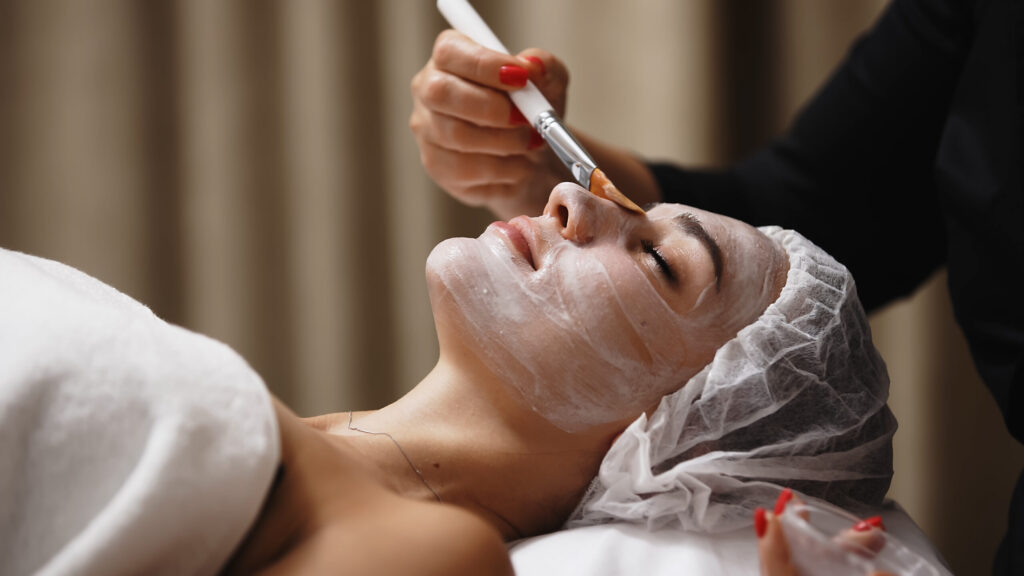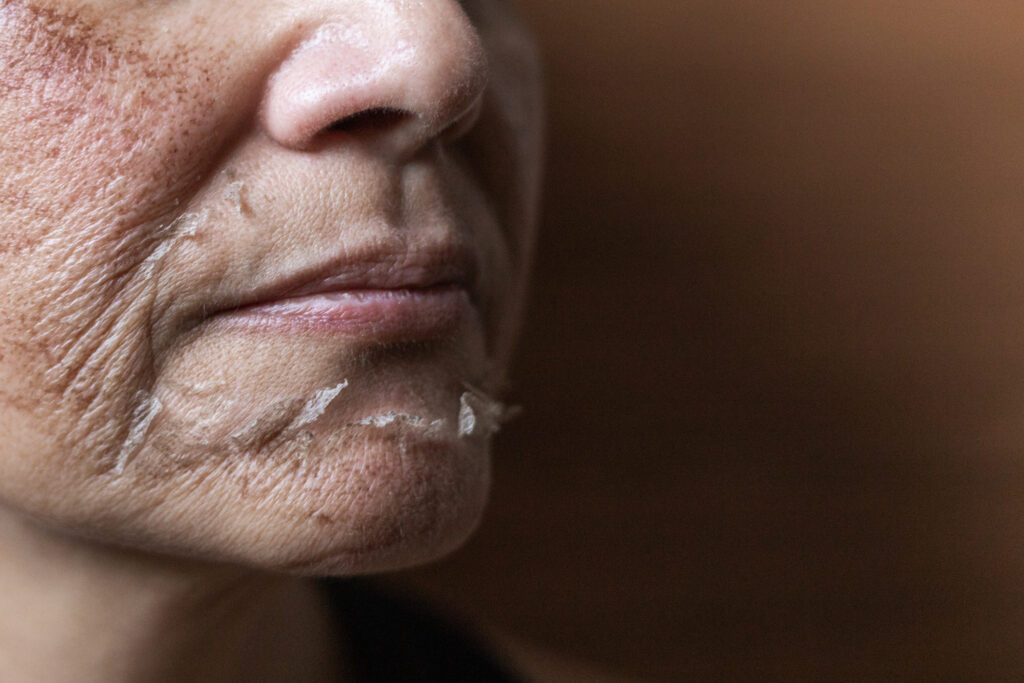Chemical Peels: What You Need to Know
Chemical peels are a popular, non-invasive skin treatment used to improve the appearance of your skin. By applying a chemical solution to the surface of your skin, the treatment removes damaged outer layers, revealing fresher, smoother, and more even-toned skin beneath.
This guide will help you understand what chemical peels are, what conditions they treat, how they work, and what to expect before, during, and after the procedure.
What is a Chemical Peel?
A chemical peel is a skin-resurfacing procedure where a chemical solution is applied to the skin to exfoliate and eventually peel off the outer layers. The new skin that grows back is typically smoother and healthier looking.
Chemical peels are commonly performed on the face, but they can also be used on the neck, chest, and hands.

What Can a Chemical Peel Treat?
Chemical peels can help improve the appearance of skin concerns such as:
- Fine lines and wrinkles (especially under the eyes and around the mouth)
- Sun damage and age spots
- Acne and acne scarring
- Uneven skin tone and texture
- Melasma and hyperpigmentation
- Rough or dull-looking skin
Types of Chemical Peels
Chemical peels are categorised by how deeply they exfoliate the skin:
1. Light (Superficial) Peels
- Used for: Mild skin discoloration, rough texture, early signs of aging
- Solution: Alpha-hydroxy acids (AHAs) like glycolic acid or lactic acid
- Recovery: Little to no downtime; mild redness may occur
2. Medium Peels
- Used for: Fine lines, acne scars, moderate discoloration
- Solution: Trichloroacetic acid (TCA), sometimes combined with glycolic acid
- Recovery: Skin may be red and swollen for 5–7 days; peeling typically begins within 48 hours
3. Deep Peels
- Used for: Deeper wrinkles, severe sun damage, significant scarring
- Solution: Phenol-based formulas
- Recovery: Requires several weeks of healing; often performed once due to intensity
Your dermatologist will determine which peel is right for you based on your skin type, goals, and medical history.

What Happens During a Chemical Peel?
Here’s what you can expect during the procedure:
- Preparation: Your skin will be cleansed, and your eyes may be protected with ointment or goggles.
- Application: The chemical solution is applied to your skin and left on for a specific time.
- Sensation: You may feel a mild tingling, warming, or stinging sensation.
- Neutralisation: The solution may be neutralised and washed off, or it may self-neutralise, depending on the type.
The entire procedure typically takes 30–60 minutes.
After the Peel: What to Expect
Recovery depends on the type of peel:
- Light Peels: Expect slight redness and mild flaking for a few days. Most people resume normal activities immediately.
- Medium Peels: Redness, swelling, and peeling occur over 5–7 days. Skin may be sensitive during healing.
- Deep Peels: More significant recovery, including crusting and peeling that lasts 10–14 days. Sun protection is critical during this time.
Aftercare Tips
- Moisturise frequently with gentle, fragrance-free products
- Avoid direct sun exposure and wear SPF 30 or higher daily
- Do not pick or peel flaking skin
- Avoid exfoliants and retinoids until your provider says it’s safe to resume
Who Shouldn’t Get a Chemical Peel?
You may not be a good candidate if you:
- Have a history of keloids or poor wound healing
- Are pregnant or breastfeeding
- Have taken isotretinoin (Accutane) in the last 6–12 months
- Have active skin infections, rashes, or open wounds
- Have very sensitive or reactive skin (in some cases)
Always consult a qualified dermatologist before undergoing a chemical peel.
How Often Can You Get a Chemical Peel?
- Light peels: Every 2–4 weeks
- Medium peels: Every 3–6 months
- Deep peels: Typically once, due to intensity
A treatment plan may include a series of light or medium peels to achieve the best results.
When Should You See a Dermatologist?
If you’re considering a chemical peel or unsure whether it’s the right treatment for you, it’s best to consult with a dermatologist at The Devonshire Clinic. Our experienced specialists can:
- Thoroughly assess your skin type and medical history
- Recommend the most suitable type of peel for your specific concerns
- Create a personalised treatment plan, including tailored aftercare guidance
Choosing professional supervision not only ensures your safety but also helps you achieve the best possible results.
Chemical peels are a clinically proven way to rejuvenate your skin—targeting everything from acne scarring and uneven tone to signs of ageing and dullness. With the right peel and expert care from The Devonshire Clinic, you can enjoy smoother, clearer, and more radiant skin. Let us help you reveal your best complexion yet.